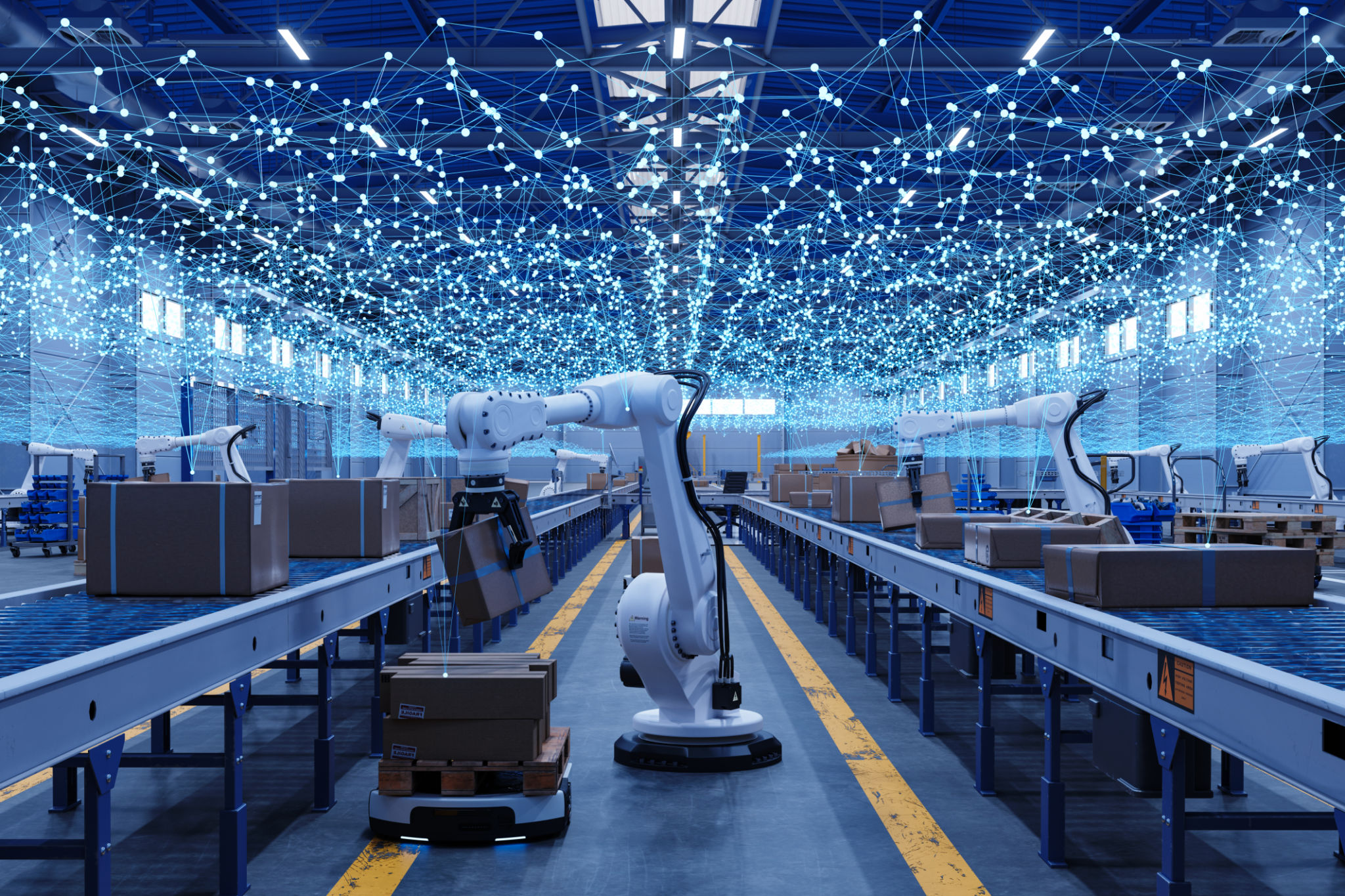How IoT is Revolutionizing Smart Manufacturing in Hangzhou
The Internet of Things (IoT) is transforming industries worldwide, and smart manufacturing in Hangzhou is no exception. Known for its vibrant tech scene and innovative spirit, Hangzhou is rapidly adopting IoT technologies to enhance production efficiency and product quality.
IoT's integration into manufacturing processes is allowing companies to harness data in real-time, enabling smarter decision-making and improved resource management. In Hangzhou, this transformation is evident across various sectors, from electronics to textiles.

Enhanced Operational Efficiency
One of the most significant benefits of IoT in manufacturing is the enhancement of operational efficiency. By connecting machinery and equipment to a centralized network, manufacturers in Hangzhou can monitor performance, predict maintenance needs, and reduce downtime.
For instance, sensors can detect anomalies in equipment performance and alert managers before a breakdown occurs. This proactive approach reduces maintenance costs and keeps production lines running smoothly.
Real-Time Data Analytics
IoT enables real-time data analytics, providing manufacturers with insights into production processes. In Hangzhou's competitive manufacturing landscape, this capability is invaluable. Companies can analyze data to optimize production schedules, reduce waste, and improve product quality.
Additionally, data-driven insights allow manufacturers to respond quickly to market demands, ensuring that they remain competitive and agile in an ever-changing market.

Supply Chain Optimization
IoT is also revolutionizing supply chain management in Hangzhou. By implementing IoT devices, manufacturers can track inventory levels, monitor shipment conditions, and streamline logistics. This level of transparency ensures that products are delivered on time and in optimal condition.
Moreover, IoT-powered supply chains can adapt to disruptions more effectively, minimizing the impact of unforeseen events on production timelines.
Energy Management and Sustainability
Sustainability is a growing concern for manufacturers worldwide, and IoT is helping companies in Hangzhou address this challenge. IoT systems can monitor energy consumption and identify areas where efficiency can be improved, reducing overall energy usage.
By optimizing energy consumption, manufacturers not only reduce costs but also contribute to environmental sustainability, aligning with global goals for reducing carbon footprints.

Challenges and Future Prospects
Despite the numerous benefits, the adoption of IoT in manufacturing is not without challenges. Concerns such as data security, integration complexity, and the need for skilled personnel must be addressed to fully leverage IoT's potential.
Looking ahead, the future of smart manufacturing in Hangzhou appears promising. As technology continues to evolve, manufacturers are likely to see even greater enhancements in efficiency, product quality, and sustainability. The continued investment in IoT will undoubtedly position Hangzhou as a leader in smart manufacturing on the global stage.